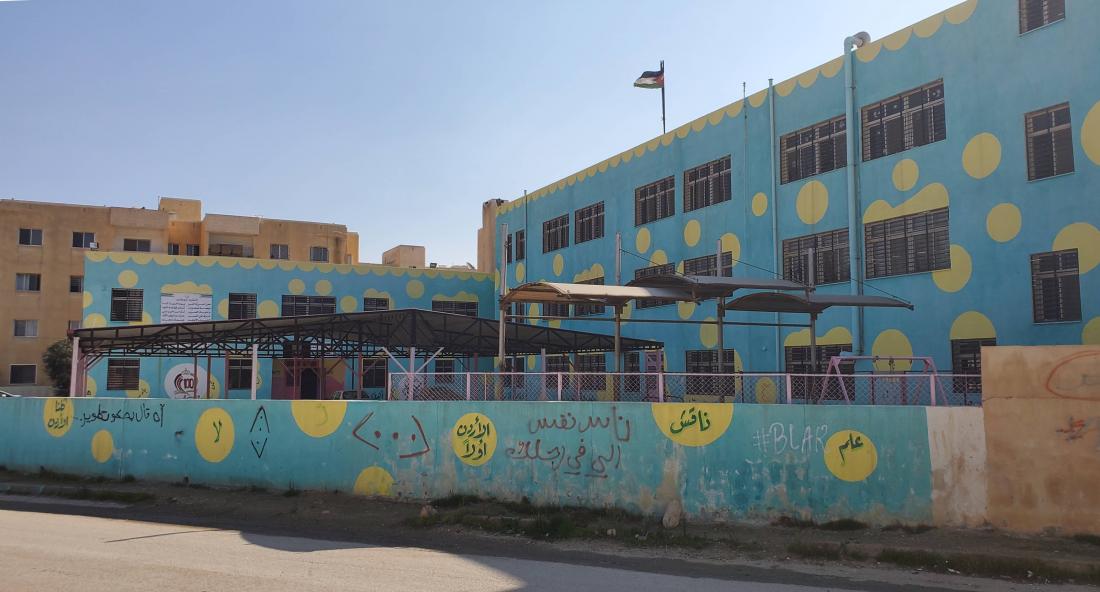SOLE: the project is going to improve energy efficiency in a school located in Madaba, Jordan

The SOLE Project focuses on raising awareness with regard to efficient energy use in public buildings and, at the same time, it will undergo some energy efficiency interventions in selected pilot buildings across the Mediterranean.
In Jordan, the project partner Royal Scientific Society is in charge of developing actions to improve the energy efficiency of a public school. The Royal Scientific Society, together with their specialized technical unit, the National Energy Research Center, is a public body and the largest applied research institution in Jordan in the energy field.
Description of the building
The Jordanian partner chooses the Iskan Faiha school, located in the Madaba Governorate, south of the city capital of Amman, to introduce some crucial innovations aimed at improving the energy efficiency of the public building.
The school covers an area of 2.930 m2, hosting more than 700 students in 30 classrooms, in addition to 11 administrative offices. The building has an infrastructure that does not allow adequate insulation from external climate factors. In particular, the school incorporates various entrances and glaze windows; a diesel boiler guarantees the heating function during the cold season while some rooms are equipped with on/off air conditioning systems to face the hot season.
The lighting system is one of the main energy consumption sources, made up of fluorescent and compact fluorescent lamps, metal halide fixtures with a basic on/off switch system. A monitoring system on the usage and consumption of the lighting system under the control of the internal staff is not implemented and, as a result, the system works beyond the nominal working hours, leading to a reduced operating lifetime of the equipment. In addition, as the system tend to be overexploited, temporary failures and extraordinary maintenance are registered.
Description of the intervention
SOLE project foresees some specific technical interventions within the Iskan Faiha public school to reduce the sources of consumption at the local level. For this reason, the lighting system will be replaced by more efficient LED lighting, as well as masonry work to insulate the building from the weather will be realized. Inverter air conditioning systems are planned to be installed, with a dedicated monitoring system to check the consumption levels, and a photovoltaic system is expected to cover the electrical demand for the building functions. The photovoltaic system will be installed on the roof; the area is large enough to cover the whole school’s consumption, with an expected lifetime of more than twenty years. In addition, the optimal temperature during the different seasons has been analyzed and will be set up in the school to guarantee a comfortable learning environment for students and internal staff.
The intervention provides for total funding of 250,000 Euros, entirely covered by the ENI CBC Med programme.









